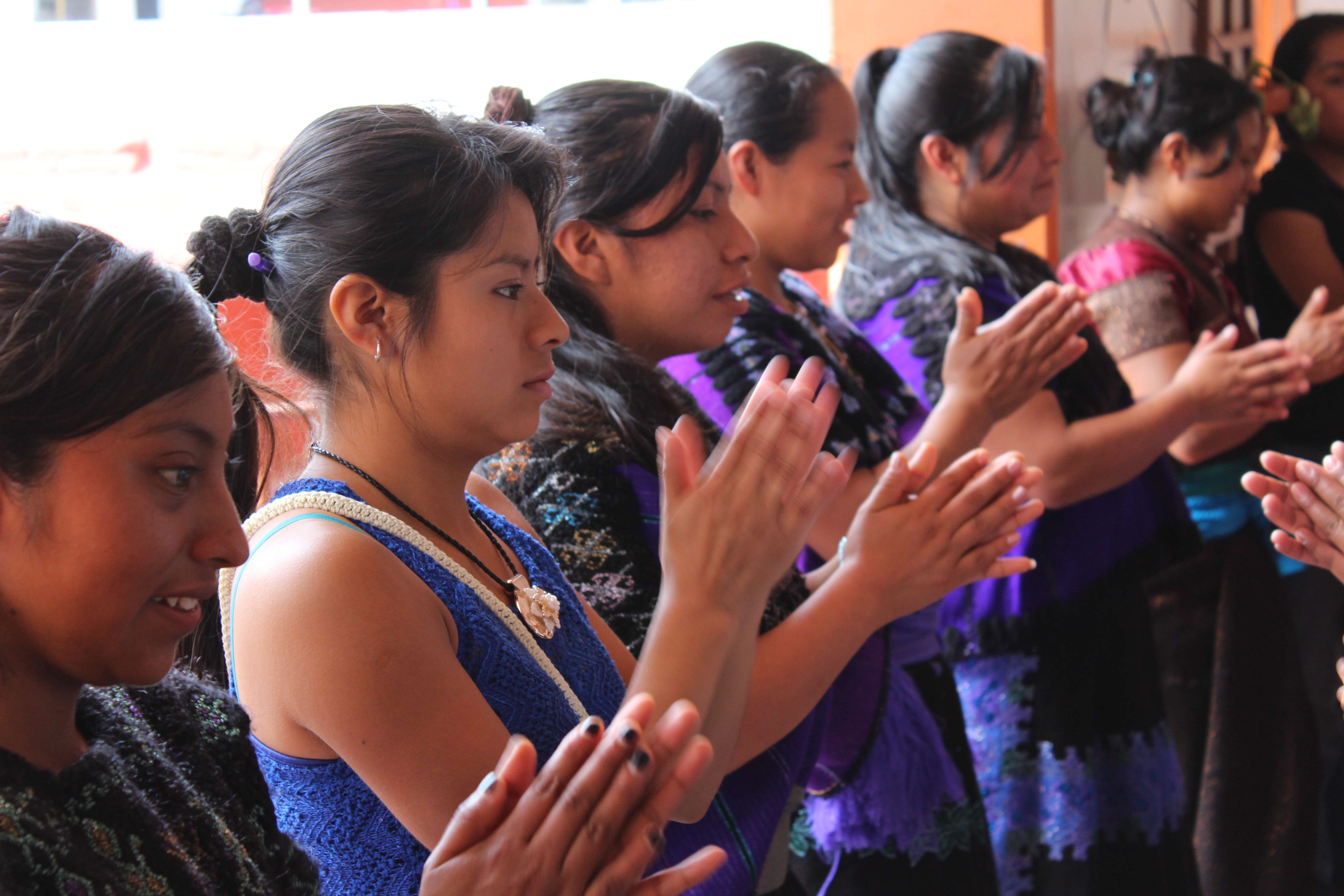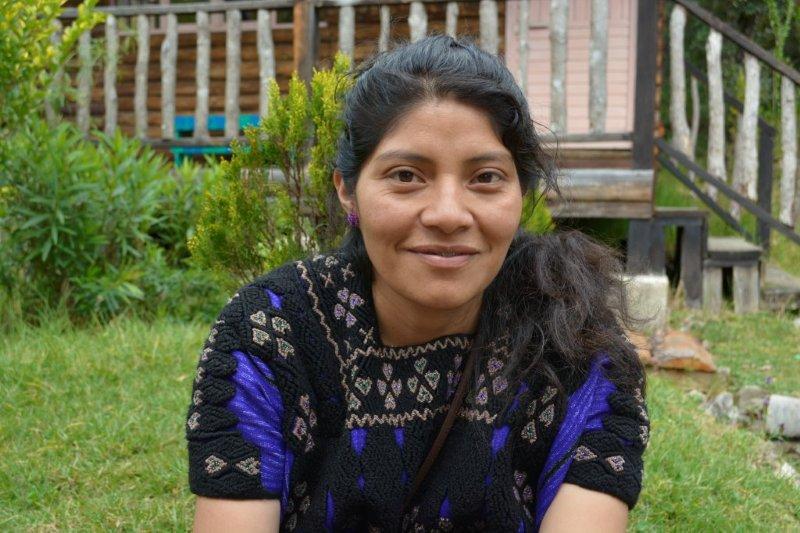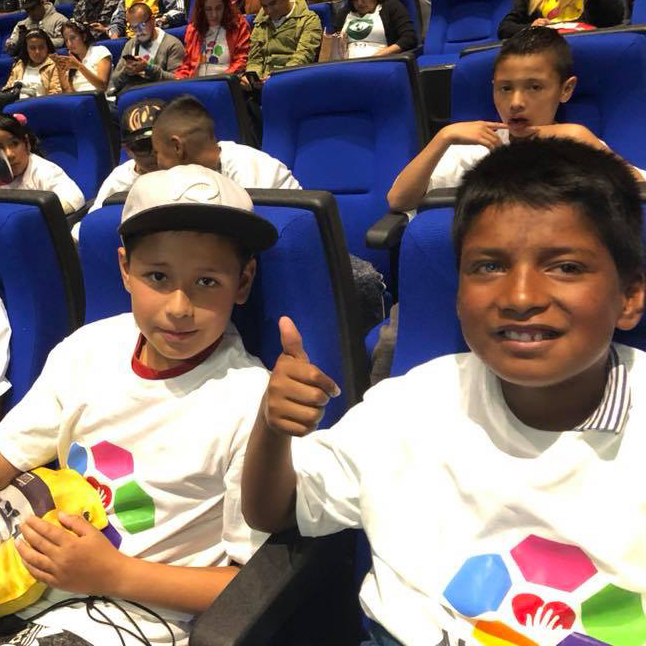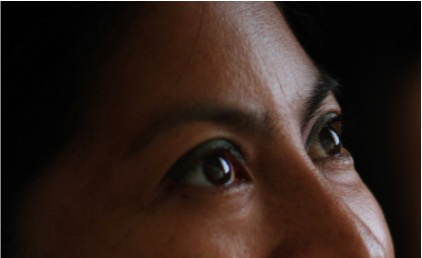GFC’s Rodrigo Barraza García reflects on family separation and the many forms it takes for migrant children—in their home countries, at the border, and as they seek safety abroad.
We have all been outraged (I hope) by the terrible images of girls and boys locked in cages and separated from their families.
It hurts us, it seems absurd … we can agree that humanity loses something essential when a boy or a girl is treated like a criminal. When they are denied the right to dream, to play … to be a child.
While we must denounce this cruelty, and do everything in our power to stop it, I cannot help but ask myself many things:
When does a family separation begin? Is it at the moment when a migrant family is detained and housed in government facilities? Is it at the moment a court order is signed? Or does it begin when a child is denied health, education, access to basic services, and is forced to migrate to survive?
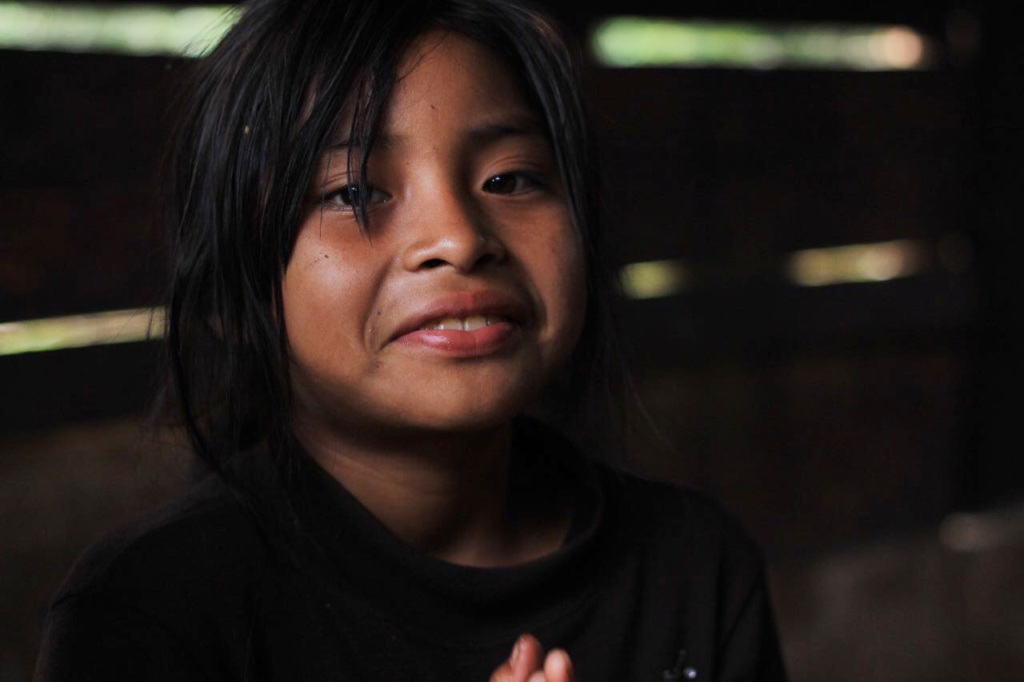
Byron, a 15-year-old boy from Honduras told me: “My dream is to study, I want to be a doctor, or a lawyer. Because I would like to help other people. That’s why I’m going to leave my house, because in my village there’s no university, there’s hardly any primary school … I’m not going to tell my mother, I do not want her to worry, to miss me before I go … But she will be proud of me, I already promised her.”
And what about all those children forced to live without their father or mother? Those whose parents live only in photographs or distant phone calls, always waiting for their luck to change? Living all the time without a piece of their heart.
Tere, a 19-year-old girl from Guatemala, shared with me: “I do not know my father … they say I did but I was very young and I do not remember. My mom told me that he went north to work. He went to Texas, I think. For many years he was sending us money, we talked on the phone every Sunday. He said he was going to come for me for fifteen years but he did not. We have not heard from him for two years. My mom says that he married another woman for sure, but [I think] something bad happened to him. He is not like that…”
When children migrate to escape from violence, from a future where the only certainty is death, is that not family separation?
Susy, an eleven-year-old girl from El Salvador who I met in a shelter in Tapachula, Chiapas, told me a secret when I was playing with her: “My biggest dream was to return to my home, but it no longer exists. The gangs burned it. Now I have no reason to return. I like to draw my house so that I do not forget how it was.”
And the girls? Are they not separated from their families when they are forced to serve their father and brothers? From the moment they are taught that they do not belong to themselves, and that they are a property that can be sold? Purchased? Exchanged?
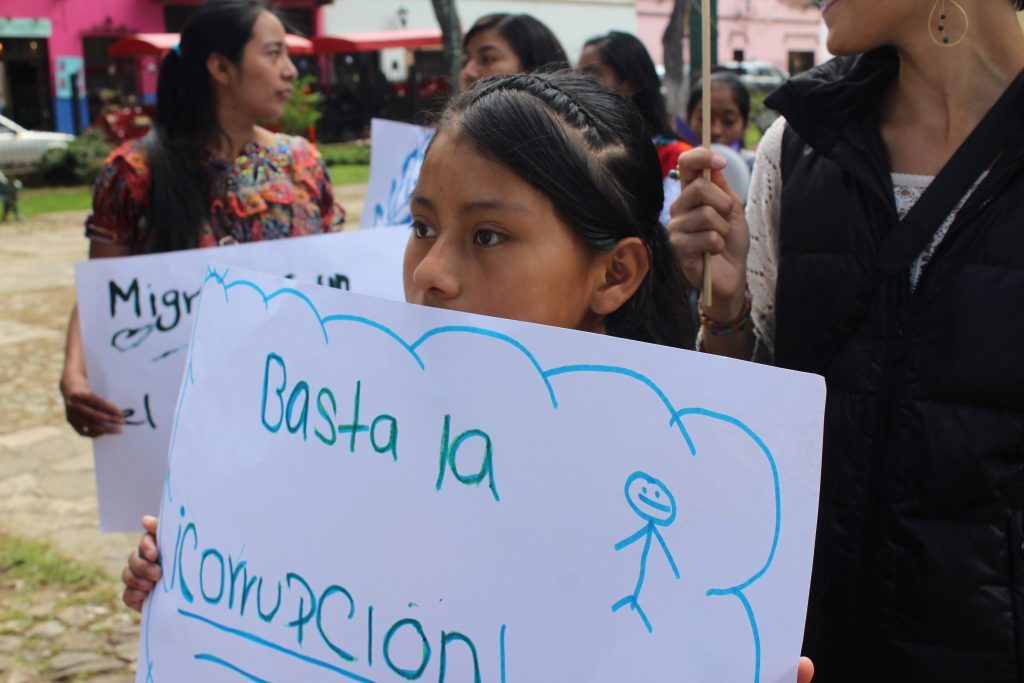
Teo, an indigenous woman from the Highlands of Chiapas, told me: “I left because at home my dad beat me all the time. He told me that I was a woman and that my place was serving man. I wanted to study but he did not want to support me, he told me: if you study no man will ever love you.”
And what about those children who have to flee their families because of their sexual preferences or identities? Those who are forbidden to love? Who are forced to feel shame for who they are?
Alfonso, a 15-year-old from Honduras, confessed to me: “Do not tell anyone, sir, but I came alone and I want to get to the United States because I want to be normal. No, I’m not normal … my family says I’m not normal because I like other men, so they took me to be exorcised. They electrocuted me to get rid of the devil. And I want to be normal so they can love me again.”
Family separation hurts, breaks, pulverizes dreams. And many times, separation begins at home. And it gets bigger and bigger as the children walk.
From the North, very brave organizations like Al Otro Lado and Homies Unidos seek to reverse laws that criminalize the migrant population, especially children.
From the South, organizations such as the Fray Matías de Córdova Human Rights Center and Mesoamerican Voices strive to make migration for girls and boys a choice, not a death sentence.
Our partners, in the South and in the North, strive to see that migration multiplies the sense of belonging of children all over the world, preventing them from living in a state of constant separation. A separation that is carried in the soul.
We stand and we fight with them. Together.
A note on photographs: To protect the identities of the individuals in this story, we are not sharing photographs of them. The images in this story were taken by the author, Rodrigo Alonso Barraza García, while conducting workshops about memory and territory for Voces Mesoamericanas in San Juan Cancuc in Chiapas, Mexico. Voces Mesoamericanas is one of Global Fund for Children’s partners working to protect and advance the rights of migrant youth. Click here to support their work.
